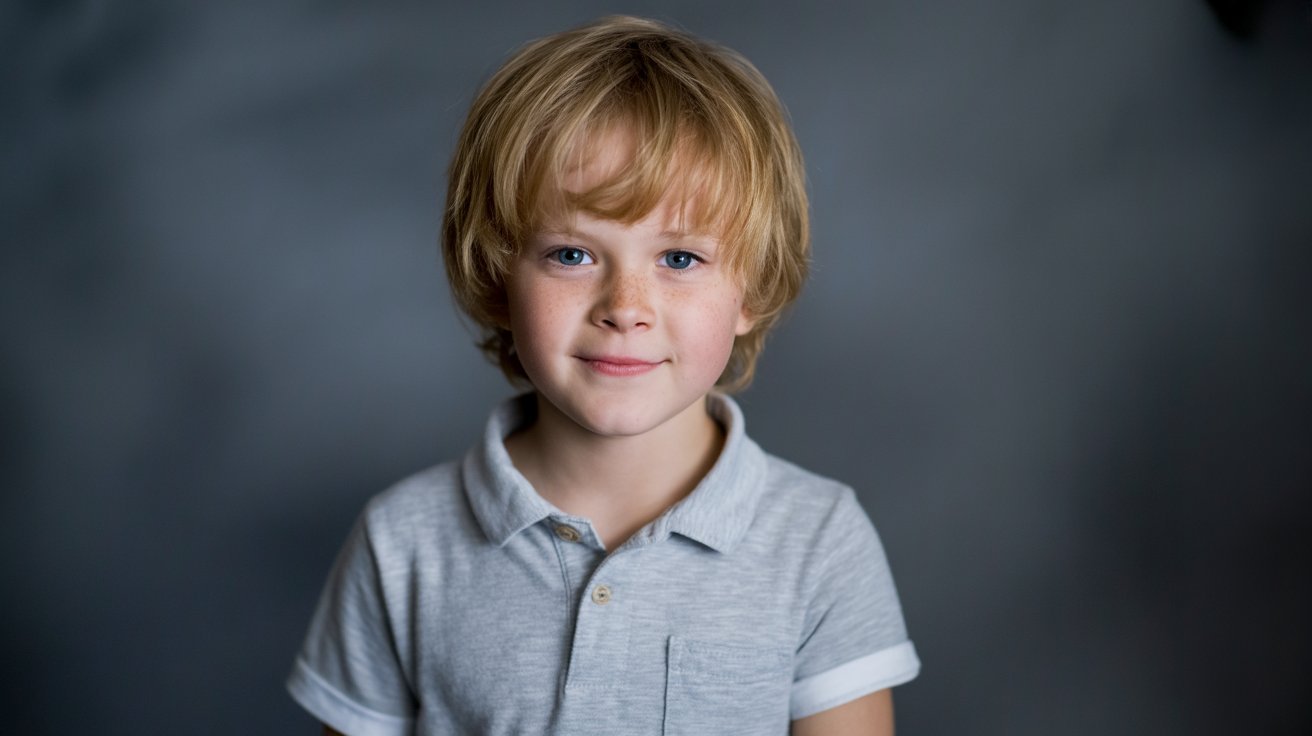Remember when you first held your baby and imagined their bright future? Most parents start with big dreams but quickly find themselves just trying to survive each day.
You’re not alone if you’ve moved from planning your child’s success to using quick fixes just to keep everything together.
Here’s the truth: You are still the most important person in your child’s life. With the right plan, you can move from survival mode back to building the family you always wanted.
This article will show you exactly what intentional parenting means and how it builds stronger families. You’ll learn simple strategies and practical tips you can start today.
You can do this.
What Is Intentional Parenting?

You wake up hoping for a peaceful morning, but your kids are fighting over cereal. Sound familiar?
Most parents live in “duct tape” mode, fixing problems as they happen. Quick fixes create more problems later. Intentional parenting means having a plan.
You decide what matters most, then make choices based on those priorities. Good parents never stop learning because children change daily.
Core Principles of Intentional Parenting
Every child has a different personality – what helps one child might upset another, so watch and adjust your approach for each kid.
Every Child Is Different

Your children are not copies of each other. One child bounces back from falls while another needs comfort and hugs. Some kids need quiet time to recharge.
Others need active play to feel happy. I watch my children weekly to see how they’re changing. You should observe yours too. What works for one might stress out another completely.
Learning from the Past

Your childhood affects how you parent today. Think about how your parents handled stress. Do you copy their methods or do the opposite?
Understanding your past helps you make better choices now. Remember experiences that shaped your children, too. That tantrum last week might have deeper roots.
Past patterns help predict future needs and responses. When you reflect on what worked before, you save time and energy.
Some situations repeat themselves. If the timeout worked for your oldest child, it might work again. But don’t assume it will. Each child processes consequences differently based on their personality and past experiences.
Being Present in the Now

Stay focused on this moment. Don’t try to fix yesterday’s mistakes right now. Notice what’s happening without forcing quick changes.
Your child is telling you something through their behavior today. Listen carefully. Present awareness helps you respond thoughtfully instead of reacting emotionally to current situations.
Read parenting articles monthly to learn new approaches. Try fresh methods when you feel stuck.
But remember this truth: Perfect moments don’t exist. Focus on connecting with your child as they are right now, not as you wish they would be.
Thinking About the Future

Today’s choices shape tomorrow’s adults. Your children watch everything you do. They learn what’s normal from your daily actions.
When you handle stress calmly, you learn emotional control. When you lose your temper, they learn that too.
Every interaction teaches them something about relationships and problem-solving for their future lives. Think about the adult you want your child to become. What skills do they need?
How do you want them to treat others? Start teaching those lessons today. Small daily choices create big changes over time in your child’s character and confidence.
Flexibility Over Rigid Rules

No single parenting style works for every situation. Take the best parts from different approaches. Strict rules might work for bedtime, but not for creative play.
Step away from “we’ve always done it this way” thinking. Your family is unique and deserves methods that fit your specific needs and personalities perfectly.
Practical Tips for Intentional Parenting
Intentional parenting means being fully present and thoughtful in your interactions, helping your children feel valued and understood.
- Write short personal notes for each child’s lunch box: Small gestures show your care and brighten their day.
- Ask specific questions about their day: Go beyond “How was school?” to encourage meaningful conversations.
- Set aside 10 minutes daily for one-on-one time with each child: Dedicated time strengthens your bond.
- Turn off all devices during family meals: Focused attention improves connection and communication.
- Keep a simple journal of what works and what doesn’t: Tracking successes and challenges helps you improve over time.
- Pause before reacting to difficult behavior: Respond thoughtfully by understanding your child’s needs.
- Focus on progress, not perfection: Celebrate small wins in your parenting process every day.
Conclusion
Intentional parenting isn’t about being perfect. It’s about having a plan and making choices that help your family grow stronger together.
You now have the tools to move from survival mode to purposeful parenting. Start small with one or two tips that feel right for your family. Remember, every child is different, and that’s okay.
The daily chaos doesn’t have to win. When you parent with intention, you create calm moments and lasting memories that your children will carry into their own families.
Ready to start building stronger connections? Try one tip this week and share what works in the comments below. Your experience might help another parent find their way, too.
Frequently Asked Questions
What is intentional parenting?
Intentional parenting means having a clear plan for your family instead of just reacting to daily problems. You set priorities, make thoughtful choices, and focus on long-term goals rather than quick fixes. It’s about being purposeful with your time and energy to build stronger relationships with your children.
How does intentional parenting differ from regular parenting?
Regular parenting often involves reacting to situations as they happen. Intentional parenting means planning and making decisions based on your family values. Instead of using “duct tape” solutions, you teach skills that prevent future problems and create lasting positive changes.
Can intentional parenting work for all family types?
Yes, intentional parenting works for single parents, married couples, and families of all sizes. The key is adapting the approach to fit your unique situation. Every child is different, so you adjust your methods based on each child’s personality and needs.
How do I start practicing intentional parenting?
Start small by choosing one area to focus on, like daily connection time or better listening. Make a simple family calendar showing your priorities. Read one parenting book monthly and keep a journal of what works. Begin with just 10 minutes of one-on-one time with each child daily.
What are the main benefits of intentional parenting?
Intentional parenting reduces daily stress and creates calmer homes. Children feel more secure when parents have clear plans and consistent responses. Families build stronger relationships, and parents feel more confident in their decisions. Kids learn better life skills and develop into healthier adults.








